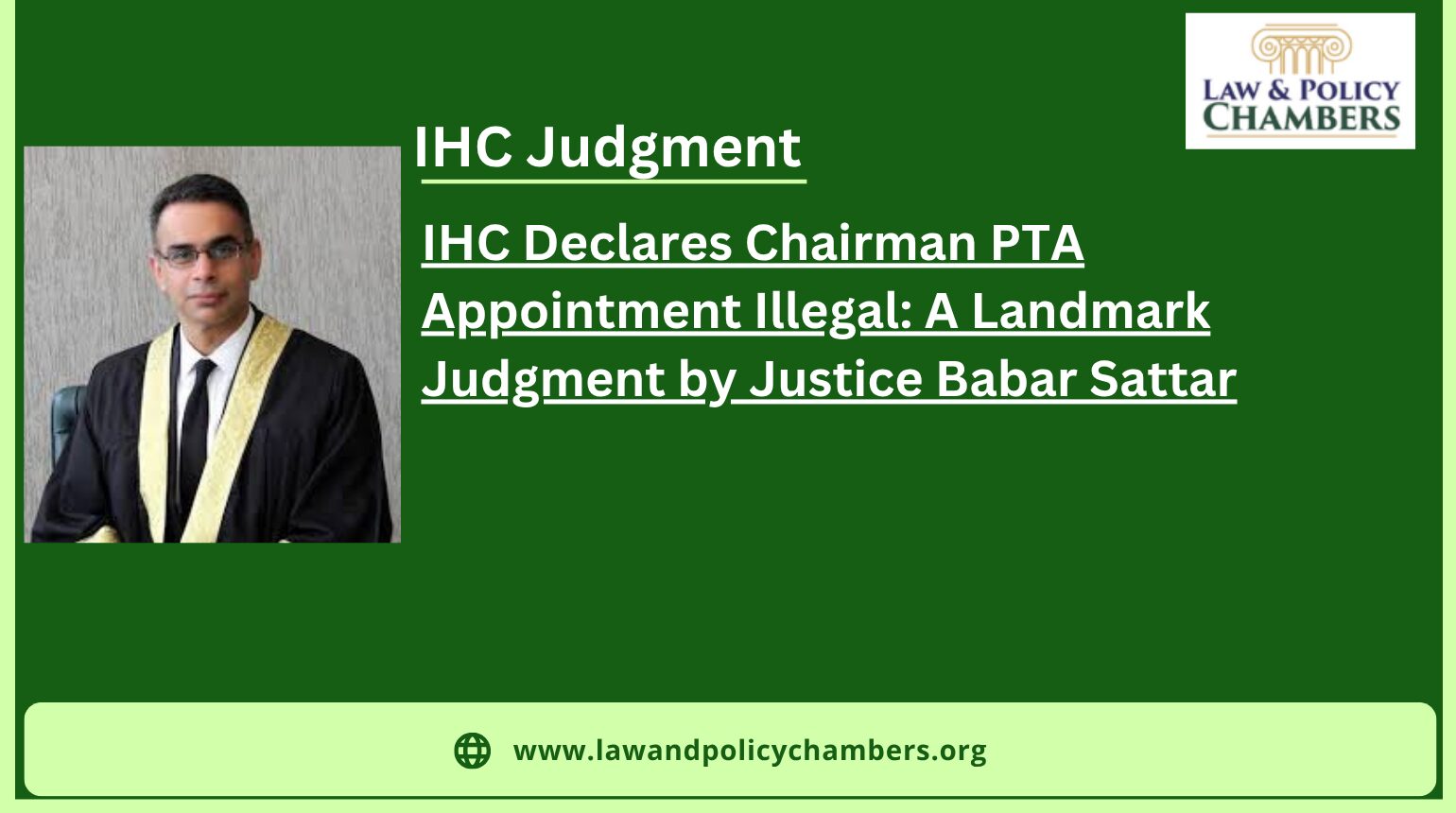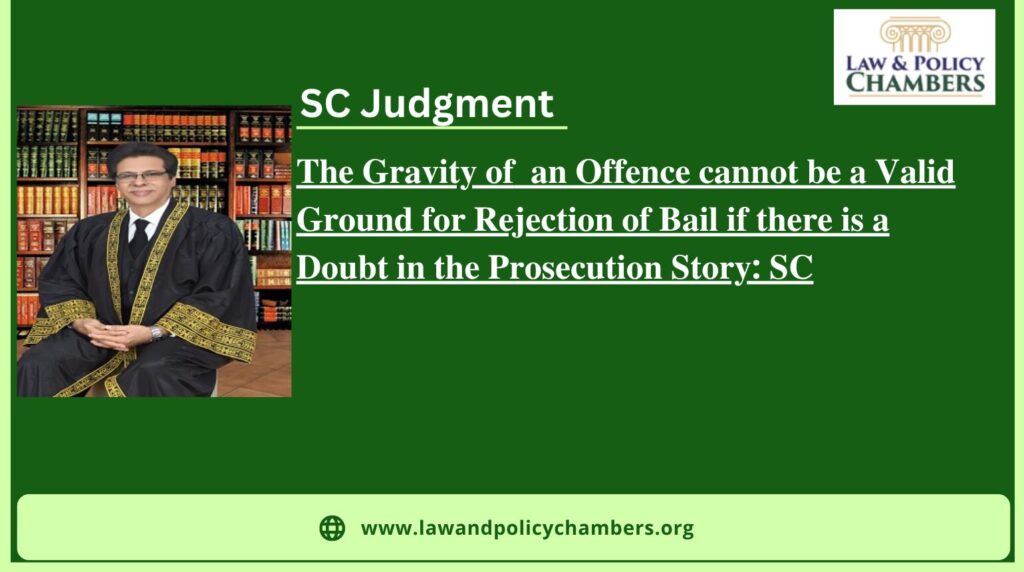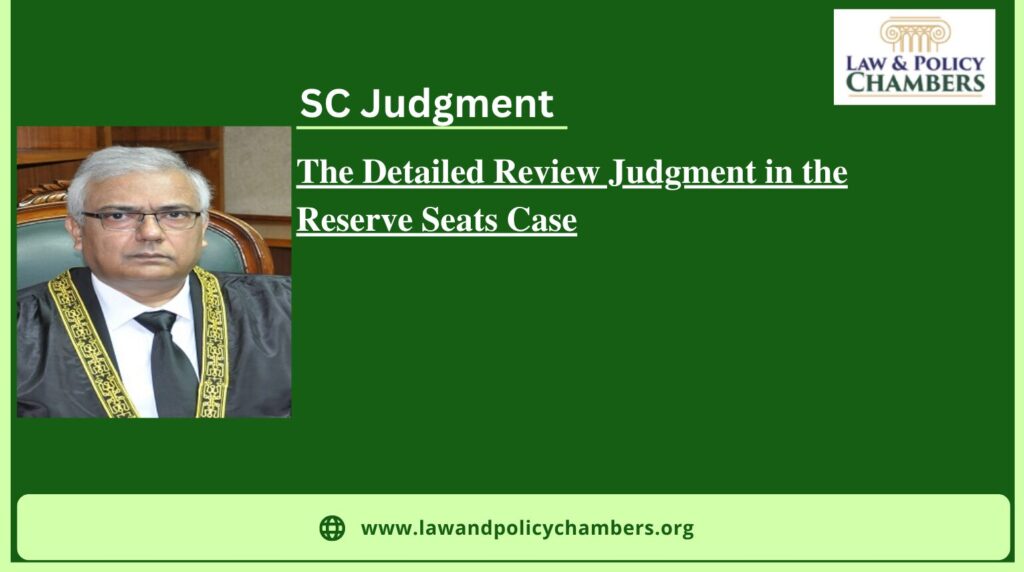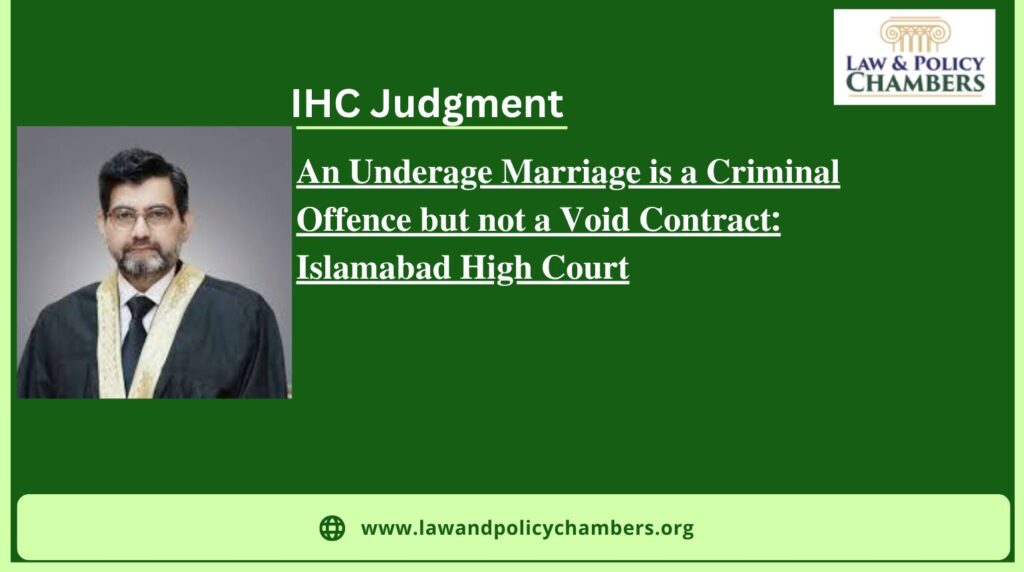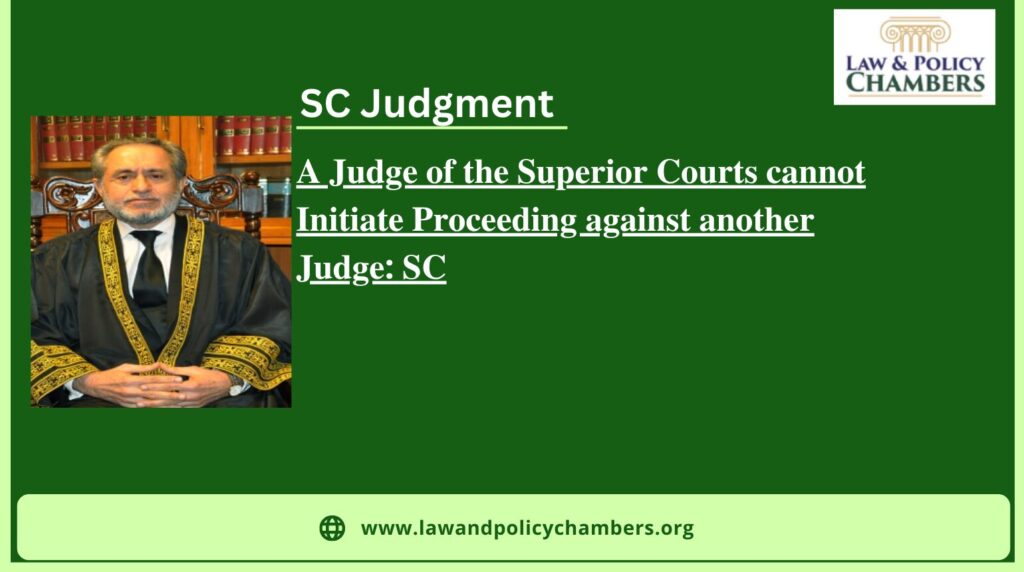IHC Declares Chairman PTA Appointment Illegal: A Landmark Judgment by Justice Babar Sattar
“All Public Appointments Must Conform to Law and Prescribed Procedure” – Islamabad High Court
In a powerful and precedent-setting ruling, the Islamabad High Court (IHC), through Honorable Justice Babar Sattar, has declared the appointment of the Chairman of the Pakistan Telecommunication Authority (PTA) as unconstitutional, illegal, and without legal effect. The decision not only addresses the specifics of the case but serves as a judicial beacon on how public appointments must be carried out in accordance with the rule of law and established procedures.
Key Highlights of the Judgment
Justice Babar Sattar delivered a detailed, well-researched, and comprehensive judgment in which the Court:
- Scrutinized the Pakistan Telecommunication (Re-organization) Act, 1996 and the rules framed under it.
- Highlighted procedural lapses and legal violations in the appointment process.
- Held that any deviation from the prescribed legal process renders the appointment null and void.
- Emphasized that transparency, merit, and legality are essential in all public sector appointments.
A Treatise on Public Appointments & Administrative Law
What sets this ruling apart is its doctrinal richness. Justice Sattar has gone beyond the case facts and reproduced the entire jurisprudence related to appointments to public office. The judgment thoroughly analyzes:
- The concept of public trust associated with public office.
- Legal requirements for fair and open selection processes.
- The principles surrounding “quo warranto”, a constitutional remedy to challenge illegal appointments.
- Doctrines of malice in law and malice in fact, and how these were relevant in the instant case.
This makes the judgment an essential read for law students, civil servants, legal practitioners, and policy analysts.
Rule of Law Must Prevail
The Islamabad High Court has sent a clear message: no individual can occupy public office without satisfying the legal criteria and undergoing a transparent selection process. The judgment reiterates that arbitrary appointments violate the spirit of the Constitution and undermine public confidence in institutions.
A Must-Read for Legal Minds
This case is a landmark precedent in administrative and constitutional law. For anyone interested in understanding the remedy of writ of quo warranto in Pakistan, this judgment is a masterclass.
Law and Policy Chambers – Top Law Firm in Islamabad
At Law and Policy Chambers, a premier law firm in Islamabad, our expert team of constitutional lawyers, regulatory compliance advisors, and Supreme Court advocates closely follows developments in public law and governance.
We regularly advise clients on:
- Challenging illegal appointments
- Regulatory litigation
- Constitutional petitions and writs
- Compliance with statutory frameworks
If you seek legal advice or representation regarding public sector appointments or want to file a writ petition such as quo warranto, reach out to our expert legal team today.
161069_638944759065046219
